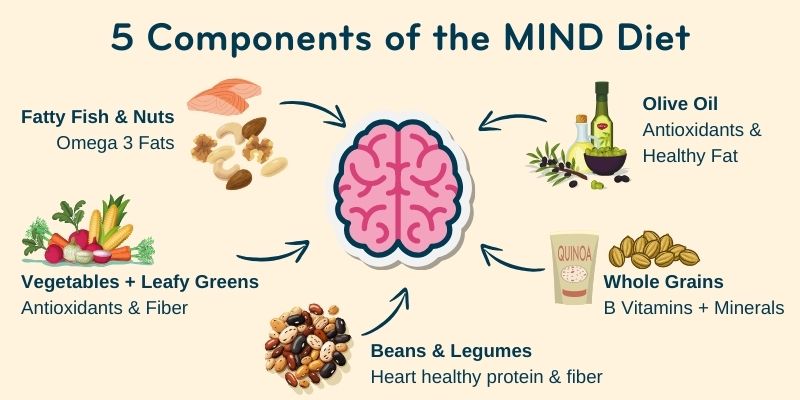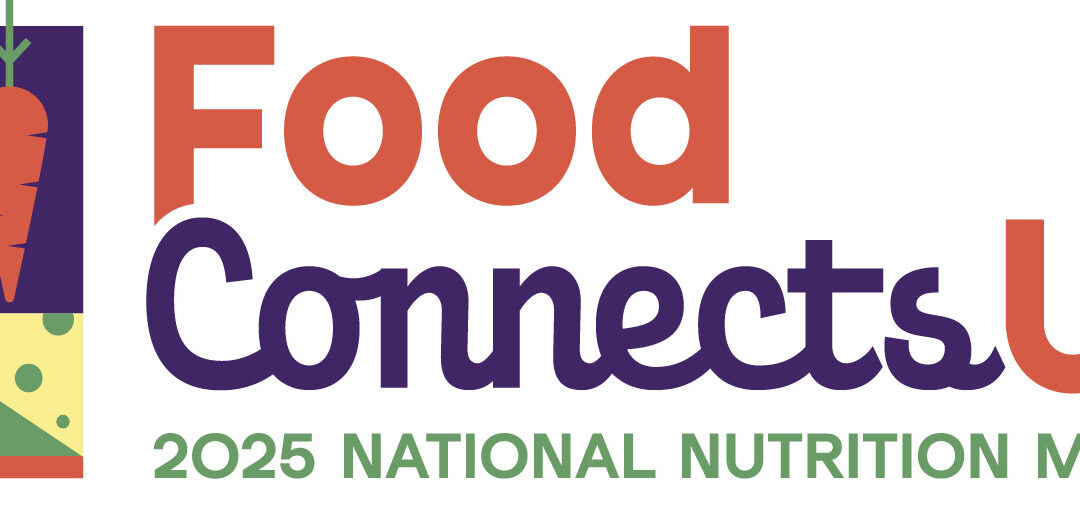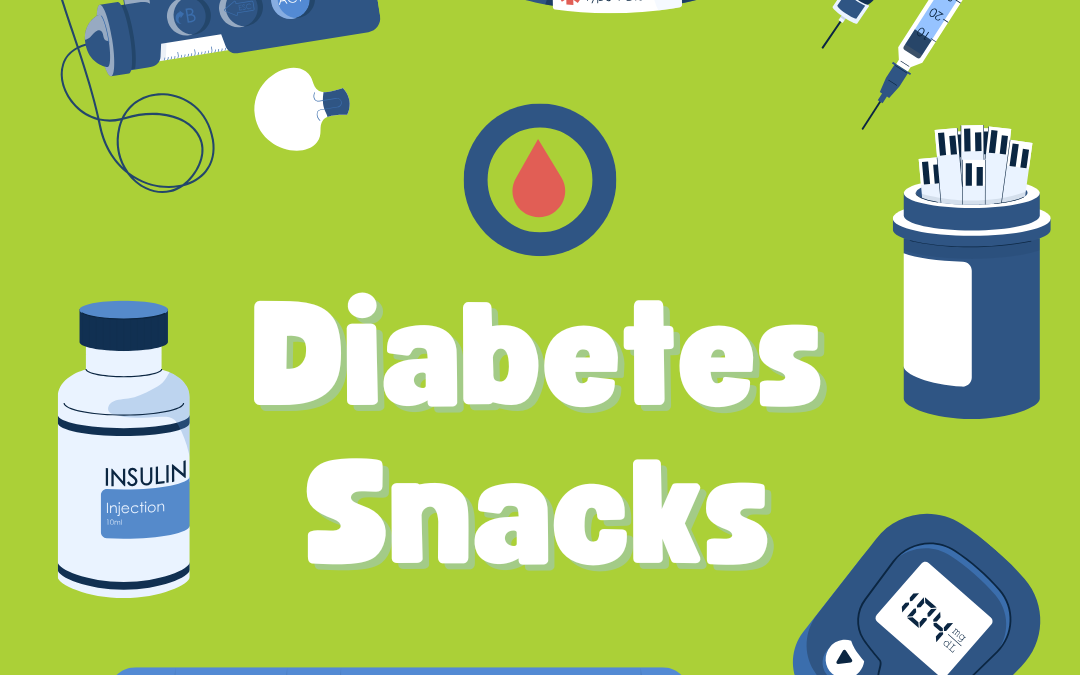Hello, my name is Mariah Johnson, and I am an intern pursuing a career in nutrition. During my time learning at Meals on Wheels, I have been asked to share some insight and pointers on following the MIND Diet.
First off, what is the MIND Diet?
The MIND Diet is a blend of the DASH Diet and Mediterranean Diet with the function of protecting the integrity of the brain and preventing decline in mental processes, specifically focusing on prevention of Alzheimer’s and other dementia-related diseases.
The DASH diet, or Dietary Approach to Stop Hypertension, as the name suggests, is a pattern of eating that promotes healthy blood pressure. One specific focus of this pattern is to limit intake of sodium, staying under 2500 milligrams (mg) daily. For perspective, 1 teaspoon of salt is about 2000mg of sodium.
Another component of the diet is eating whole foods, which means less processed and packaged foods. When we eat foods that closely resemble the way they look in nature (for example, a grain of rice or wheat rather than milled flour), this often helps to prevent excessive amounts of added salt, sugars, and other ingredients being included in our foods without our knowledge. Ingredients like sodium, sugar, and other chemical additives are often added to foods that are packaged to preserve them.
The Mediterranean Diet is a pattern of eating that reflects the cultural foods and eating habits typically consumed by peoples living in regions along the Mediterranean Sea including Greece, Italy, Spain, and Morocco. Like the DASH Diet, this pattern of eating also focuses on whole foods, with an emphasis on plant-based foods. Some nutrients that are highlighted in this diet include healthy fats found in nuts, seeds, olive oil, and fatty fish like salmon and sardines. The Mediterranean style of eating has been shown to positively affect inflammation in the body and improve conditions related to heart health, blood sugar balance, and cholesterol levels.

The MIND Diet is an eating pattern that is linked to protective
properties for brain health with the promising potential of preventing
cognitive decline.
What do these diets have in common?
The MIND diet is rich in fiber, healthy fat, and protective antioxidants that come from the colorful variety of fruits and vegetables. These various nutrients nourish the brain, prevent inflammation, and support healthy circulation of blood throughout the body. While there are some recommendations on foods that should be limited in the MIND Diet, the focus is on promoting brain boosting foods to include in your diet. Here are some of the highlights:
3 servings of whole grains each day
Whole grains include all original parts of the grain. For example, brown rice is a whole grain, while white rice has had its outer husk or “bran” removed. Because of this process, white rice lacks many nutrients that brown rice contains, including B vitamins and fiber. Other examples of whole grains include quinoa, oats, farro, bulgur, and barley. Aim to consume examples like this and look for language like “100% whole grain” on packaged products including bread.
4 or more meals of beans and legumes each week. This includes any form of beans such as pinto, black, and soybeans, chickpeas, and lentils. They offer important vitamins, minerals and even some healthy fat which are all important for healthy brain function.
1 or more servings of vegetables each day
Whole grains, vegetables, and beans are all rich sources of fiber. Fiber helps the body to regulate our blood sugar, cholesterol levels, and digestion.
6 or more servings of leafy greens in addition to other vegetables each week
A “serving” of leafy greens is equal to 2 cups raw or 1 cup cooked of green vegetables. Examples include spinach, collard or mustard greens, kale, arugula, Bok choy, and Swiss chard. These greens are rich sources of folate, vitamin E, carotenoids, and flavonoids, which have been related to decreasing risk of dementia and cognitive decline.
2 or more meals that include poultry like chicken or turkey and 1 or more servings of fish each week This diet pattern suggests limiting red meat such as beef or pork which contain high levels of saturated fat, known to contribute to inflammation and higher cholesterol levels. While fish and poultry are great sources of protein, including some plant-based options like beans, legumes, and nuts or nut butter can help to complement animal protein, adding balance and variety to your diet.
Where do I start if I want to practice this diet?
While everyone is different, it can be easier to start by focusing on gradually adding foods, rather than restricting or removing foods from your diet. For example, if you find that green leafy vegetables are not a part of your current diet, start adding 1 serving at least 1 day per week. Add spinach to your eggs in the morning or into a pasta sauce.
Drizzling olive oil on dishes like vegetables, grains, and protein such as chicken or salmon can also be an easy addition to your current diet. While you can heat the oil to medium temperatures, consuming olive oil raw can better maintain the integrity of its nutrients. This means that you can simply add it in right before eating.
Research suggests individuals can reduce their risk
Alzheimer’s disease by as much as 53% when they
consistently follow the MIND diet.
Changing behavior and developing healthier habits takes time and each step counts. The beauty of this “diet” is in the variety of options that it provides. Take small steps and choose foods that you enjoy to make lasting change and reap long term health benefits.



